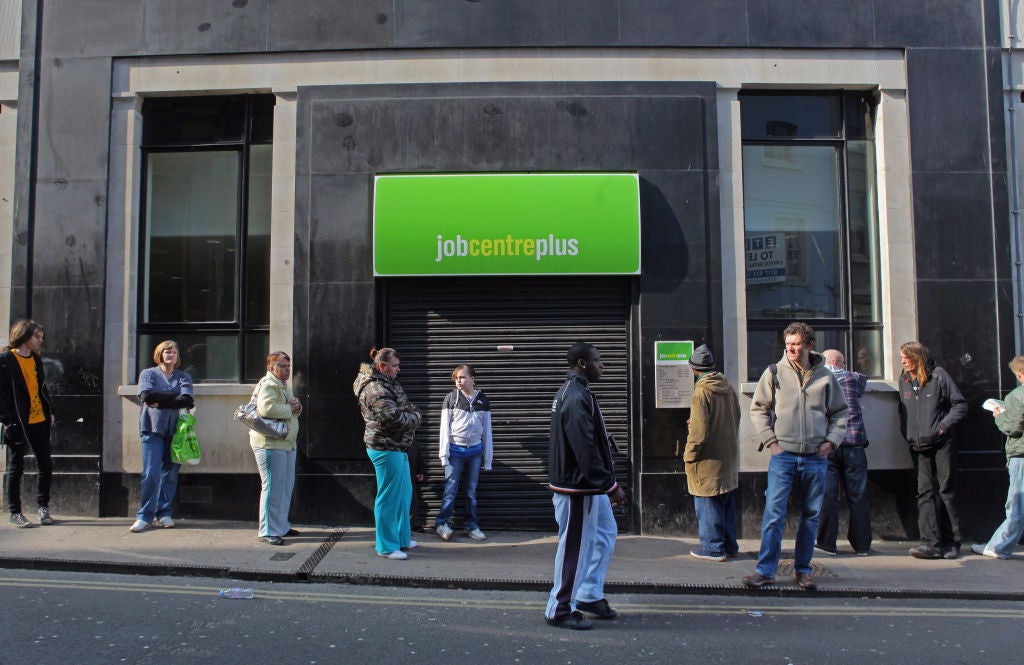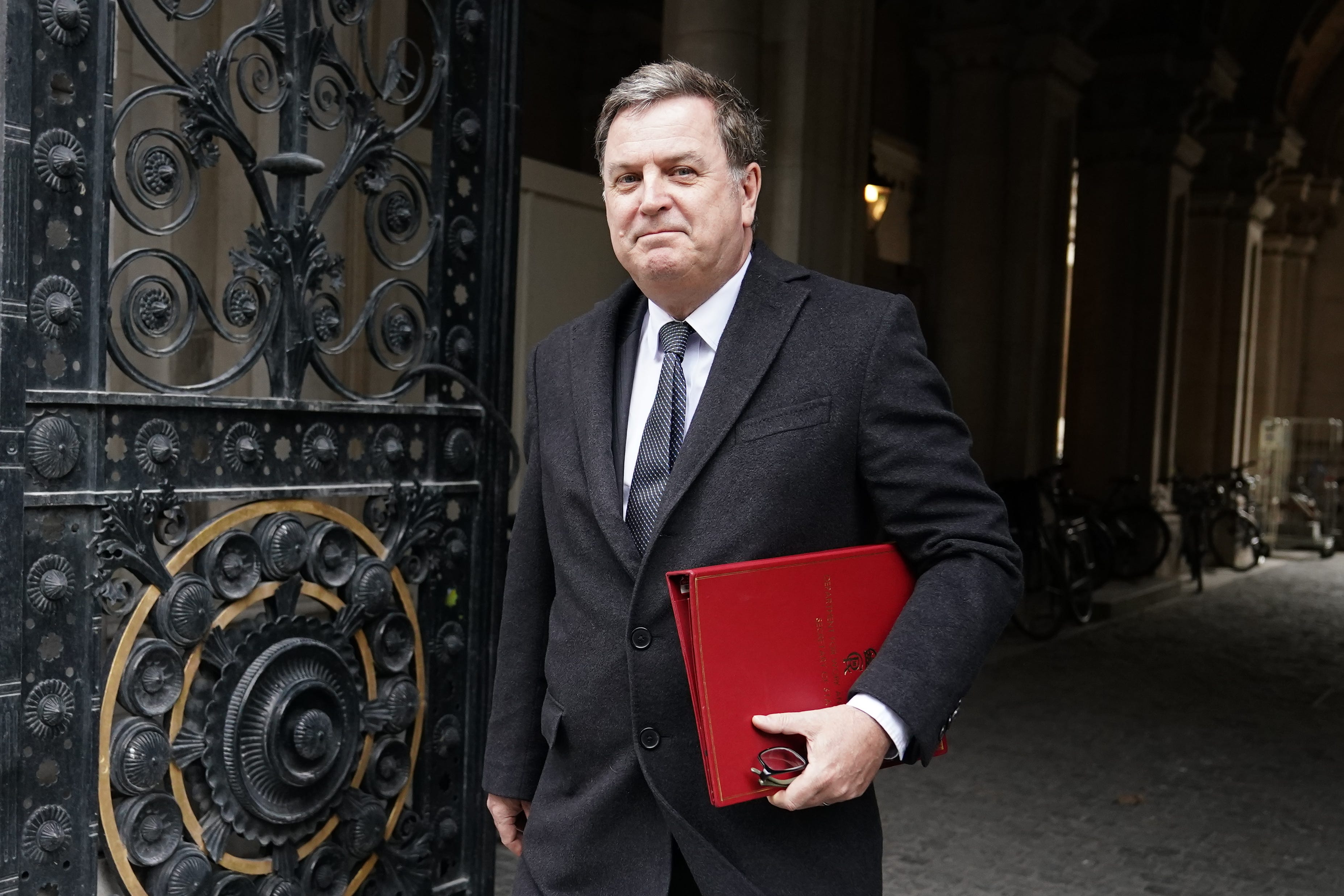New benefits crackdown as disabled people may be offered vouchers instead of cash payments
Mel Stride, the Work and Pensions Secretary, is set to announce the new ‘green paper’ on Tuesday
Your support helps us to tell the story
From reproductive rights to climate change to Big Tech, The Independent is on the ground when the story is developing. Whether it's investigating the financials of Elon Musk's pro-Trump PAC or producing our latest documentary, 'The A Word', which shines a light on the American women fighting for reproductive rights, we know how important it is to parse out the facts from the messaging.
At such a critical moment in US history, we need reporters on the ground. Your donation allows us to keep sending journalists to speak to both sides of the story.
The Independent is trusted by Americans across the entire political spectrum. And unlike many other quality news outlets, we choose not to lock Americans out of our reporting and analysis with paywalls. We believe quality journalism should be available to everyone, paid for by those who can afford it.
Your support makes all the difference.Disabled people face being stripped of monthly cash payments as the government prepares to announce a crackdown on Britain’s “sick note culture”.
Changes to Personal Independence Payment (PIP) will be announced in the coming days as part of a wider blitz on benefits policy championed by Rishi Sunak ahead of local elections this week and a looming general election.
The proposed changes will reportedly target those with what the government terms mild mental health conditions that ought not to prevent Britons from working.

The crackdown may include receipts being required to claim money back from the state, according to The Telegraph, while vouchers or treatment may be given instead of monthly cash payments.
Mel Stride, the work and pensions secretary, will address the Commons on Tuesday about the plans, which are being published in a “green paper” consultation.
The consultation is expected to make reference to similar models in other countries, such as New Zealand, where a health practitioner verifies extra costs, and Norway, where a letter from a GP outlines costs associated with someone’s condition.
PIP is one of a number of ways Britons can seek financial support from the government for disability. It is distinct from incapacity benefit, which is paid to those too ill to work.

Around 2.6 million people of working age currently receive PIP every month, which can amount to as much as £5,000 a year and covers any extra expenses for people with disabilities, from stairlifts to taxis.
The annual cost of PIP, currently at around £22 billion, is forecast to rise by 50 per cent in four years as more people, including those with mental health concerns, qualify for the support.
Roughly 360,000 people currently claim PIP for anxiety and depression, which is double the figure five years ago and three times as many as for all cancers combined.
Mr Stride said this growth had been caused in part by the over-labelling of mental health conditions and that the welfare system had to get better at “appropriately differentiating” those conditions that make work impossible and those that do not.
“There are those that have perhaps milder mental health conditions, or where perhaps there has been too great a move towards labelling certain behaviours as having certain [medical] conditions attached to them, where actually work is the answer or part of the answer,” Mr Stride toldThe Times.
“What we’ve got to avoid is being in a situation where for those people we too readily say, ‘well, actually, we need you to be on benefits’.”
He suggested that talking therapies, social care packages, respite care and other options could be alternatives to cash payments.
It comes after Mr Sunak said earlier this month that he was on a “moral mission” to reform welfare and warned too many people were being “parked” on benefits.
Johnny Timpson, one of Mr Sunak’s dementia champions, later quit in protest over the treatment of disabled people and the complexity of the benefits system.
Critics have also questioned where such alternative support will come from given there are currently 1.9 million on NHS mental health waiting lists.
But Mr Stride claims the government is prioritising this issue. He pointed to recent announcements of 400,000 more talking therapies as evidence that shortages could be plugged, though he did not elaborate on how.
He insisted that the fundamental reason for the changes was helping people get back into work, rather than cost cutting.
But he acknowledged that money has to be a factor given the projected increases in costs. “It’s difficult to describe as sustainable when we’re looking at a 63 per cent increase in PIP spend, about £13 billion over the next few years,” he said. “These are huge amounts of money.”

Join our commenting forum
Join thought-provoking conversations, follow other Independent readers and see their replies
Comments